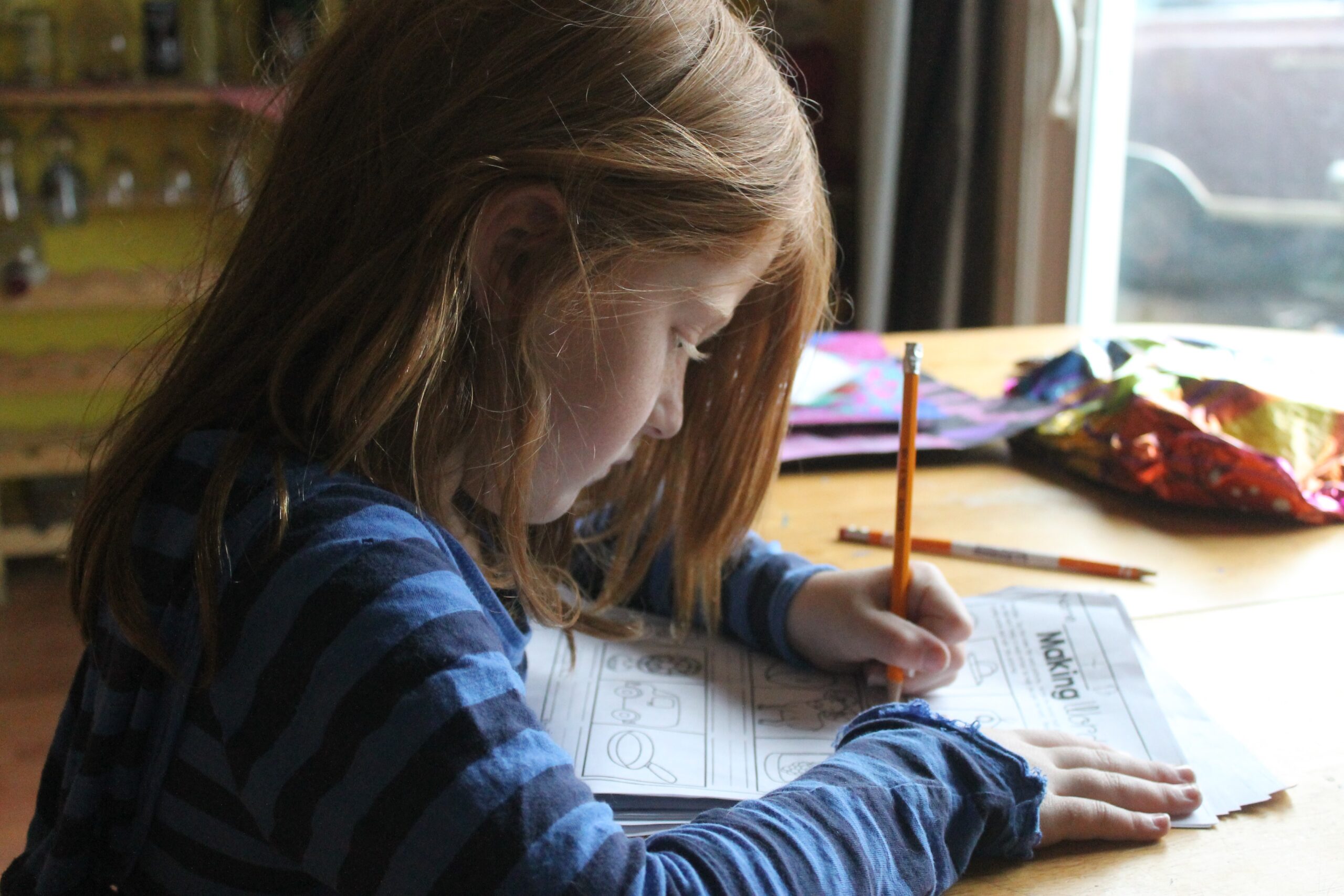Homework has been the subject of debate since the nineteenth century. Attitudes about homework undergo changes every few decades, depending on the current trends in society. Perspectives range from homework causing undue stress (1930’s, ‘60’s, 2000’s) to homework as a way of enhancing achievement (1950’s, ‘80’s, ‘90’s). Despite the changing views of homework, the amount assigned has been relatively constant for decades. According to a 2014 report from the Brookings Institute, “Data do not support the view that the homework burden is growing.” The average endorsed by the national PTA and the National Education Association is 10 minutes per grade. Thus, the amount for first grade students is 10 minutes, but for high school seniors it would be 120 minutes.
Homework has different effects depending on grade level. “Studies that reported simple homework/achievement correlations revealed evidence that a stronger correlation existed in Grades 7–12 than in K–6.” Yet, an extensive review of homework practices presented no definitive answers to its efficacy due to “diverse criteria for inclusion of studies, and to differing methods of synthesizing study results.”
In 2012, every country that participated in the PISA exam assigned homework to its 15 year old students. The average was 5 hours per week, although countries that ranked the highest on the test reported higher averages. Yet the data are sometimes contradictory. In the 2016 PISA results Korea and Finland ranked among the top countries in reading, mathematics, and writing, yet these countries assigned the least amount of homework. The results from the 2019 PISA exam differed significantly. Singapore and China, the two top ranking countries in reading, math,and science assigned much higher amounts of homework than other participating countries: 9.4 hours/week Singapore, and 14 for China. Could a correlation exist between homework and achievement?
Dr. Harris Cooper, a Duke University neuroscientist, the leading researcher on homework, strongly advocates the practice. He maintains: “Research shows that all children, even young children, learn better when they bring home school assignments. The key to success is that the assignments be appropriate to the student’s developmental level and home circumstances.” Thus, the amount of homework students receive depends upon their age and developmental stage. While an average of 2 hours a night may be appropriate for a high school senior, it will be inappropriate for a sixth grader.
Of course, homework should not be simply busywork. Rather, It should be aligned to the learning in the classroom and should have a specific purpose. It should promote “self efficacy and self regulation.” For example, it may involve reinforcing skills that were presented in class. It can also serve as preparation work for material that will be the topic of a future lesson. Or it can be” extension homework,” which involves “the transfer of previously learned skills to new situations.” Assignments that take place over a period of time, such as term papers and science projects, called Integration homework, require students to integrate different skills into one product.
In the final analysis, homework is valuable only when it has a specific purpose and is developmentally appropriate. Clearly, unless the assignment falls into specified previous categories, its purpose may be questionable. Schools should set consistent homework policies, and they should clearly communicate these policies to parents.


